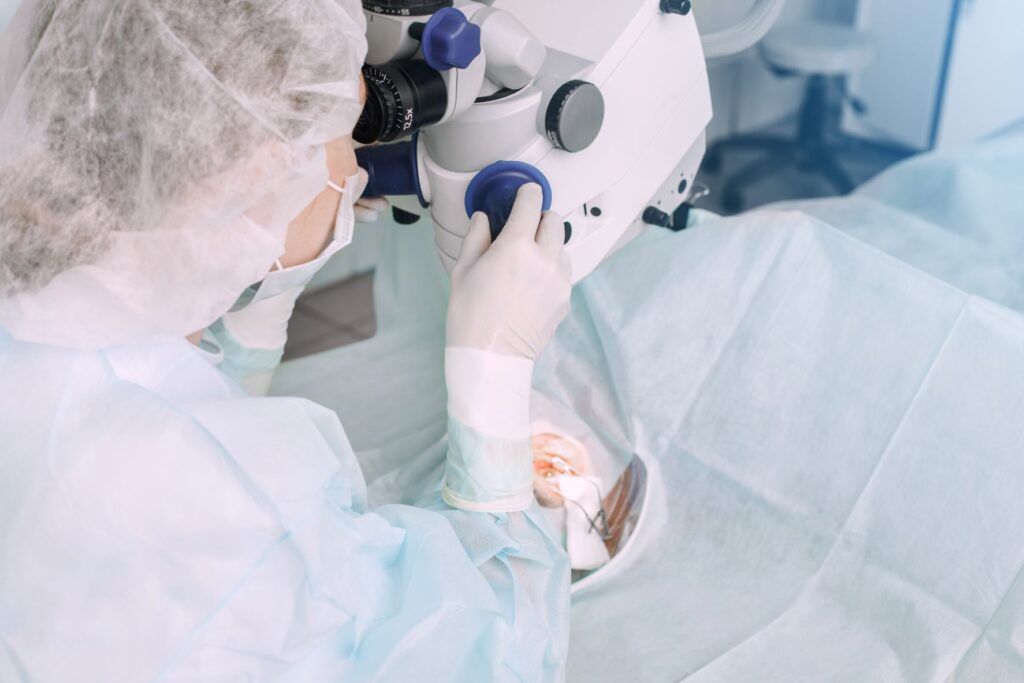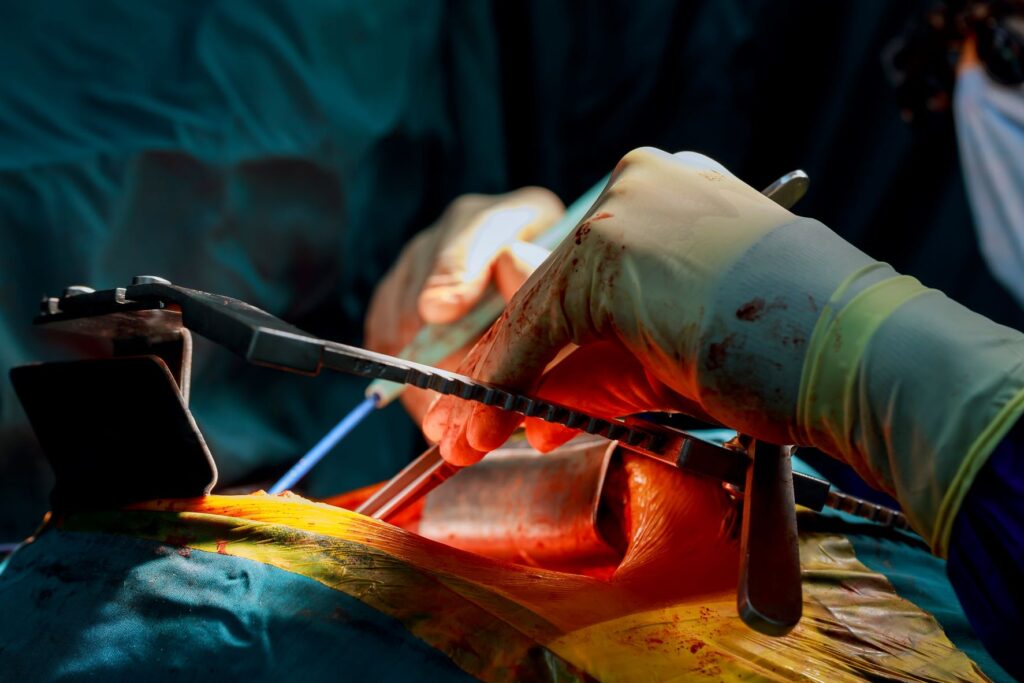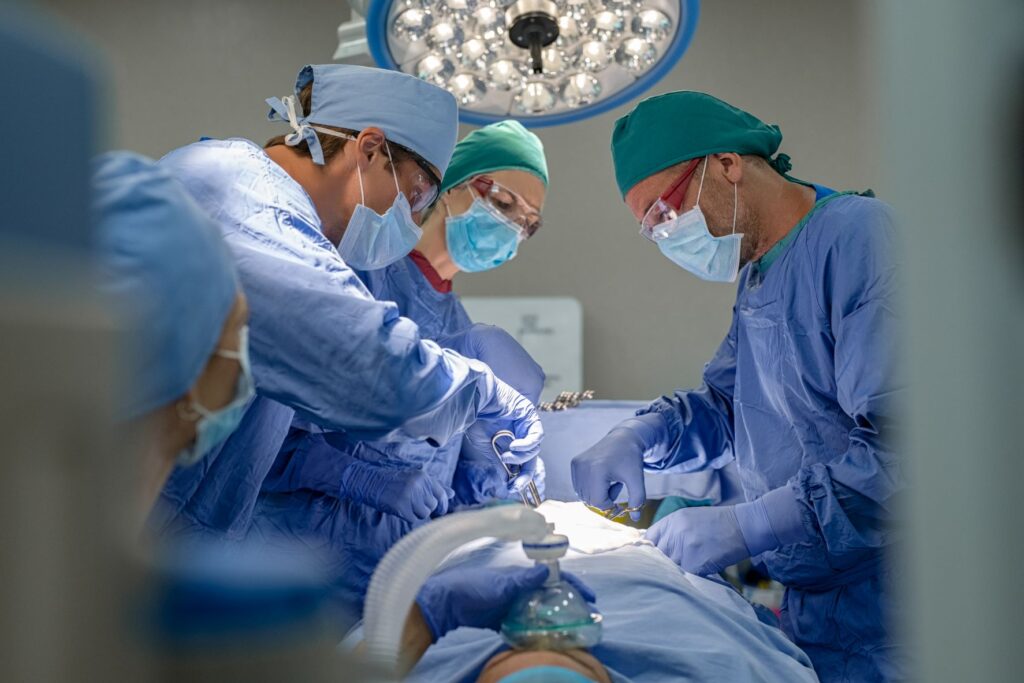What is Bariatric Surgery?
Gastric surgery is a major procedure to help you lose weight and maintain a healthy weight. It is not a quick fix, however. Be aware of the risks and side effects of the procedure. Gastric bypass is another name for the procedure. Other surgical options available for weight loss include gastric sleeve, endoscopic sleeves gastroplasties, and gastric sleeve.
Gastric bypass
Gastric bypass surgery is a procedure that reduces stomach size. It divides the stomach into two sections: the upper portion and the smaller portion. The new pouch is connected to the small intestine and helps to limit how much food you can eat at one time. It works to prevent the stomach from filling up, and it also reduces the overall amount of food you eat per day.
This is also known as Roux-en-Y gastric bypass. It is the most popular type of weight loss surgery. It uses a combination of malabsorptive and restrictive techniques to reduce the amount of food that a person can eat in one sitting. The surgeon makes an incision across the top of the stomach and attaches a small pouch. The food will then flow through the pouch and into the lower portion of the small intestine. This decreases the stomach’s capacity as well as the amount of nutrients a person can absorb.
Patients must not only lose weight with gastric bypass surgery but also make lifestyle changes that will last a lifetime. They must ensure that they eat enough protein, take vitamin and mineral supplements, and avoid certain types of food. These include high-calorie and fatty foods as well as sugary foods.
Gastric sleeve
After gastric sleeve surgery, you will lose a considerable amount of weight. Gastric sleeve surgery can result in a loss of 25-30% of your body weight. The extent of your weight loss will depend on how you eat and live after the surgery. Weight loss is generally steady over a five-year period.
After your gastric sleeve procedure, you will need a liquid diet that lasts at least two weeks. This is to flush excess fat from your abdomen and liver. This makes the surgery safer. In addition, you will need to avoid eating any solid food or liquid for 12 hours before the operation. You may experience side effects that are uncomfortable or even fatal.
The average recovery time for gastric sleeve surgeries is between two and four months. Although you may feel tired for the first two weeks after surgery, you will soon be fully functional. You can gradually transition to a soft diet after the first week.
Endoscopic Sleeve Gastroplasty
Endoscopic Sleeve Gastroplasty, a minimally invasive procedure for bariatric surgery, involves the suture of the stomach into an elongated tube-like structure. This procedure is ideal for patients who have failed to lose weight with diet and exercise.

This procedure reduces the size of the stomach by 70% without removing any of the stomach. However, it is not right for everyone. It is not without risks. You will need to make lifestyle changes and receive regular medical checkups. It is also not appropriate for people with a large hiatal hernia or gastrointestinal bleeding. It is also not covered by insurance. However, endoscopic sleeve gastroplasty has a very good safety record. It may cause some pain and nausea after the surgery, but most patients feel better within a few days.
Endoscopic sleeve gastroplasty is an outpatient procedure that uses endoscopic technology. It involves inserting a flexible tube called an endoscope into the stomach. The camera and tools attached to it are used. The procedure is minimally invasive as it doesn’t require any incisions on the abdomen. Additionally, recovery is quick, with patients often going home the same day, though some may need a short stay in the hospital.
Gastric balloon
Although gastric balloon surgery does not constitute a surgery, it is considered bariatric. The procedure involves inflating the balloon with gas and then taking the tube out of the stomach. It takes about 20 minutes to perform and is often associated with some discomfort, such as nausea and vomiting after eating. Patients can go home once the balloon has been inserted. However, some patients may experience a decrease in appetite for a few weeks. It is important that patients continue to eat healthy and exercise after the procedure.
Before undergoing gastric balloon surgery, it is important to understand the risks and benefits of this procedure. To learn more about the benefits and risks of gastric balloon surgery, contact Advanced Surgical Solutions. Advanced Surgical Solutions doctors will evaluate your medical history and answer any questions. They will also determine if you are a good candidate.


